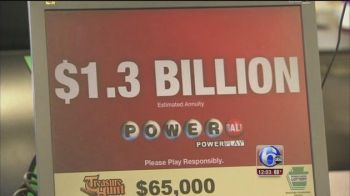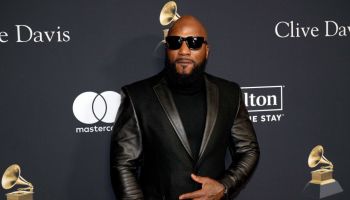Black horror and science fiction are one of the most underrated genres in the entertainment industry. Even though Black representation in horror and sci-fi flicks has been scarce, our culture has created and produced some of the best movies the genre has ever seen. From the cult classic Candyman to the modern-day marvel Get Out, Black American culture has most certainly etched its place in horror and sci-fi and we only seem to be growing in the ever-evolving space.
What is Black horror and sci-fi?
If you are a fan of horror and sci-fi movies or television shows, it’s not out of the ordinary that you will see a Black face or two. But, rarely is the Black experience represented in these pieces. So, to better explain Black horror and sci-fi we’ve created short criteria to help you understand which movies fall into that category.
There are 4 criteria, and a film must fall into at least 3 to be deemed Black horror or sci-fi:
– Black lead: The movie must have a Black lead or Black protagonist in the story.
– Culturally Black setting: The setting and scenes in the movie should correlate to the Black American experience.
– Tackles Black issues – The story weaves real Black American issues into the horror or sci-fi experience that characters must go through.
– Black writers – The story has a Black lead writer or creator.
Now let’s dive into some titles and people who have led the way in creating a Black lane in horror and sci-fi
Blacula
In the 1970s, black actors or actresses were rarely cast in popular movies, but when they did, it was more than likely a Blaxploitation film.
Blaxploitation was a popular ethnic subgenre of movies, that used stereotypes to typecast black actors in roles showing bad or questionable motives, including most roles as criminals resisting arrest. Even though these movies received tons of backlash, they helped usher in Black horror films. In 1972, African-American filmmaker William Crain directed Blacula, the first blaxploitation horror film to hit the big screen. When it first came out, it was largely ignored; but over time Blackula has become somewhat of a cult classic. It ended up becoming one of the top-grossing films of 1972. It also was the first film to receive an award for Best Horror Film at the Saturn Awards. After Blacula’s success, more Black horror films hit the screen including the sequel Scream Blacula Scream.
Candyman
The ’90s saw a resurgence in Black horror films starting with the cult classic Candyman in 1992. The movie centered around Black folklore and urban legends. Even though it wasn’t directed by an African-American, it took place in Black culture and dealt with racism, poverty, and many other Black issues. The film came in at number 75 on Bravo’s 100 Scariest Movie Moments of all time. It also had two stand-alone sequels comprising a single storyline released in 1995 and 1999 respectively: Candyman: Farewell to the Flesh and Candyman: Day of the Dead.
Tales From The Hood
In 1995, director Rusty Cundieff and executive producer Spike Lee dropped Tales From The Hood, arguably the best Black horror film ever made. The film never got its respect from white moviegoers or critics.
The film was made up of four short urban-themed horror stories based on problem concepts that affect the African-American community in the order of police corruption, domestic abuse, institutional racism, and gang violence. Many of these problems still plague our communities today. This creative movie sparked new directors like Jordan Peele, who makes it a priority to not only scare you with his movies but also teach you a lesson on Black history and peels back the curtain on the horror of being Black in America.
The History Of Black Sci-Fi & Horror Films was originally published on blackamericaweb.com


















